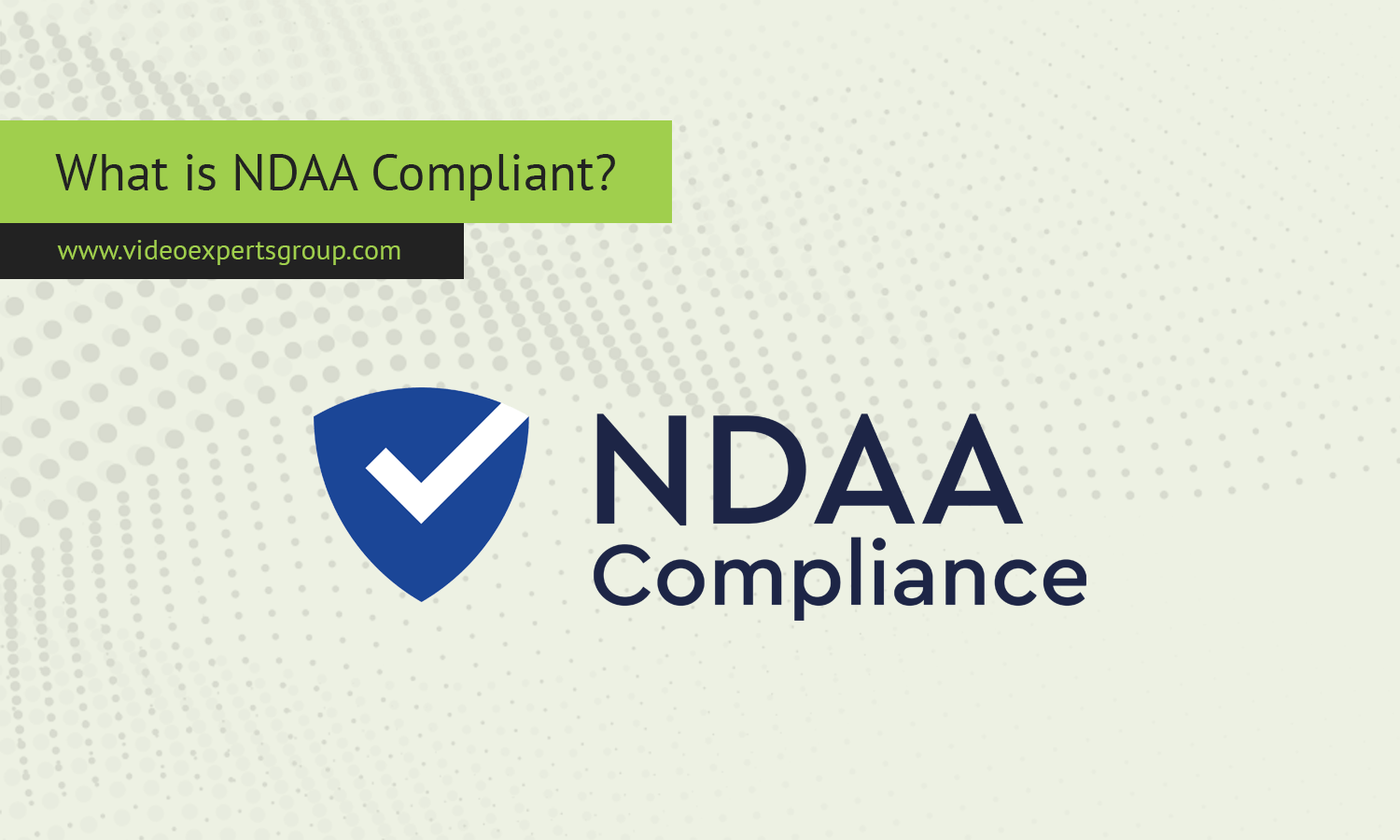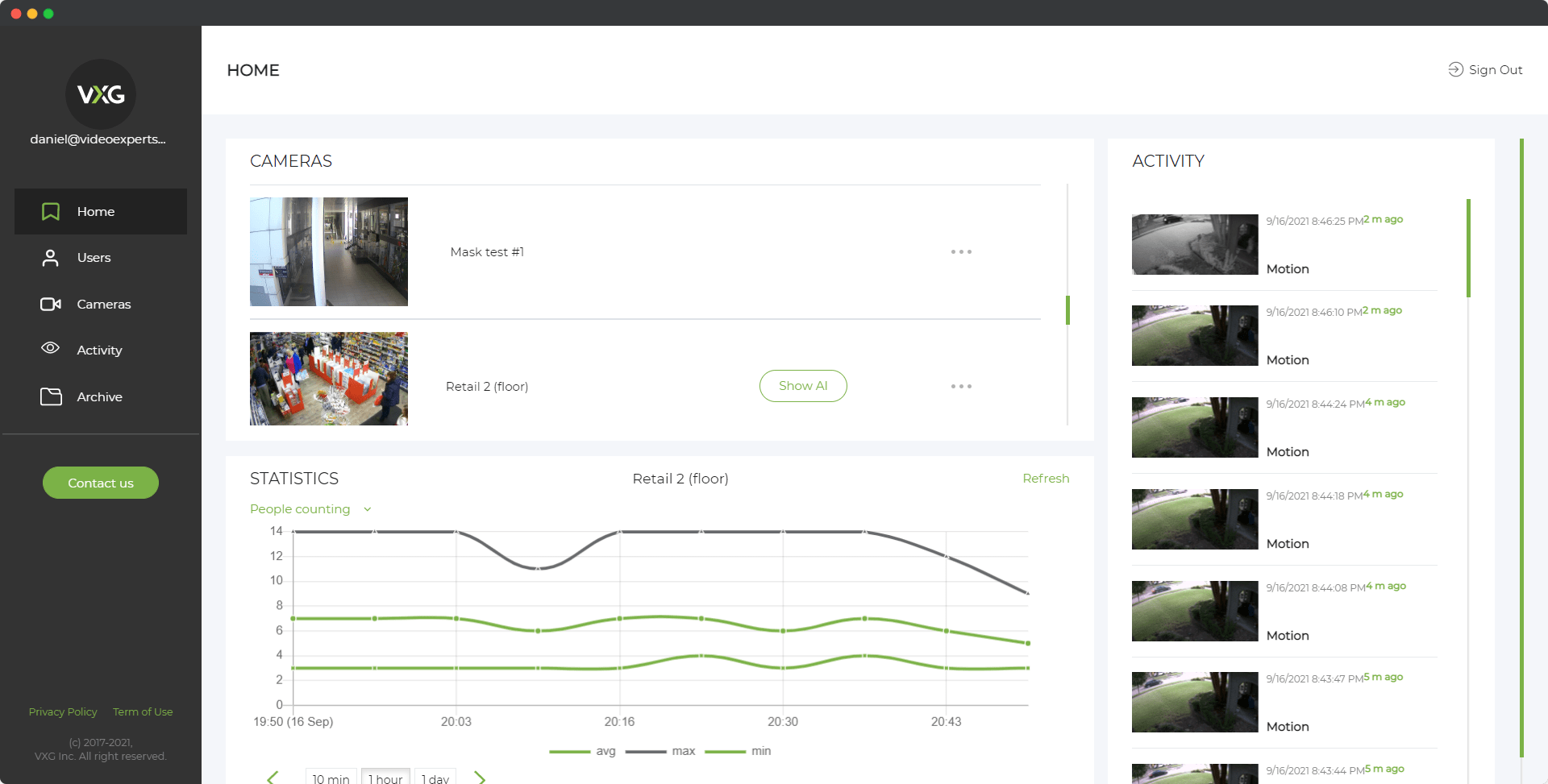In the world of technology and security, compliance with specific regulations is essential. One such regulation is the National Defense Authorization Act (NDAA). For businesses and organizations, especially those dealing with security and surveillance equipment, understanding NDAA compliance is critical. This article explores what it means to be NDAA compliant, focusing on its importance for CCTV systems, including cameras, Network Video Recorders (NVRs), and Digital Video Recorders (DVRs).
What is NDAA Compliant?
The National Defense Authorization Act (NDAA) is an annual U.S. federal law that outlines the budget, expenditures, and policies of the U.S. Department of Defense (DoD). Within this act, there are specific sections that address the use of certain technologies and products, particularly those related to surveillance and telecommunications. The most relevant section regarding compliance is Section 889, which prohibits federal agencies, contractors, and grant recipients from using certain covered telecommunications equipment and services produced by specific companies.
To be NDAA compliant means that a product or service does not include technology from companies banned under the NDAA, such as certain Chinese manufacturers known for their involvement in security surveillance and telecommunications. This compliance is vital for companies doing business with the U.S. government or working in sensitive areas where national security is a concern.
NDAA Compliant CCTV
CCTV systems are integral to security operations in various settings, from government facilities to private enterprises. Ensuring that these systems are NDAA compliant is essential for meeting federal regulations and protecting national security interests. The following sections will break down what it means for specific components of a CCTV system — cameras, NVRs, and DVRs — to be NDAA compliant.
NDAA Compliant Camera
An NDAA-compliant camera is one that does not contain components or technology from companies prohibited under the NDAA, such as Huawei, Hikvision, and Dahua. These companies have been identified as security risks due to potential ties to the Chinese government, and their equipment is banned from use in federal projects.
When selecting an NDAA-compliant camera, it’s essential to verify that neither the camera nor its internal components (such as processors, sensors, or networking modules) are sourced from these banned manufacturers. Many security equipment providers now explicitly state whether their products are NDAA compliant, making it easier for buyers to ensure they are meeting the necessary regulations.
NDAA Compliant NVR
A Network Video Recorder (NVR) is a crucial part of modern CCTV systems, allowing for the recording and management of video footage over a network. For an NVR to be NDAA compliant, it must not include any hardware or software components from banned manufacturers.
This requirement extends beyond the core recording functions to include network interfaces, storage devices, and even the firmware running on the NVR. As with cameras, buyers should seek out NVRs that are clearly labeled as NDAA compliant and should verify compliance through the manufacturer’s documentation.
NDAA Compliant DVR
Digital Video Recorders (DVRs) are another key component in CCTV systems, primarily used in systems with analog cameras. Like NVRs, DVRs must be free of any components from prohibited manufacturers to be NDAA compliant. This includes not just the main processing and recording components but also the storage devices, interfaces, and software used to operate the DVR.
Ensuring that a DVR is NDAA compliant is particularly important for organizations that rely on analog CCTV systems but still need to meet federal compliance standards. As with other components, manufacturers typically provide clear information about whether their DVRs are NDAA compliant.
NDAA compliance is a critical consideration for any organization involved in security and surveillance, particularly those working with or within the U.S. government. Understanding what it means to be NDAA compliant and ensuring that CCTV components like cameras, NVRs, and DVRs meet these standards is essential for maintaining security and adhering to federal regulations. By choosing NDAA-compliant products, organizations can ensure they are protected against potential security threats and are in full compliance with U.S. laws and regulations.
















